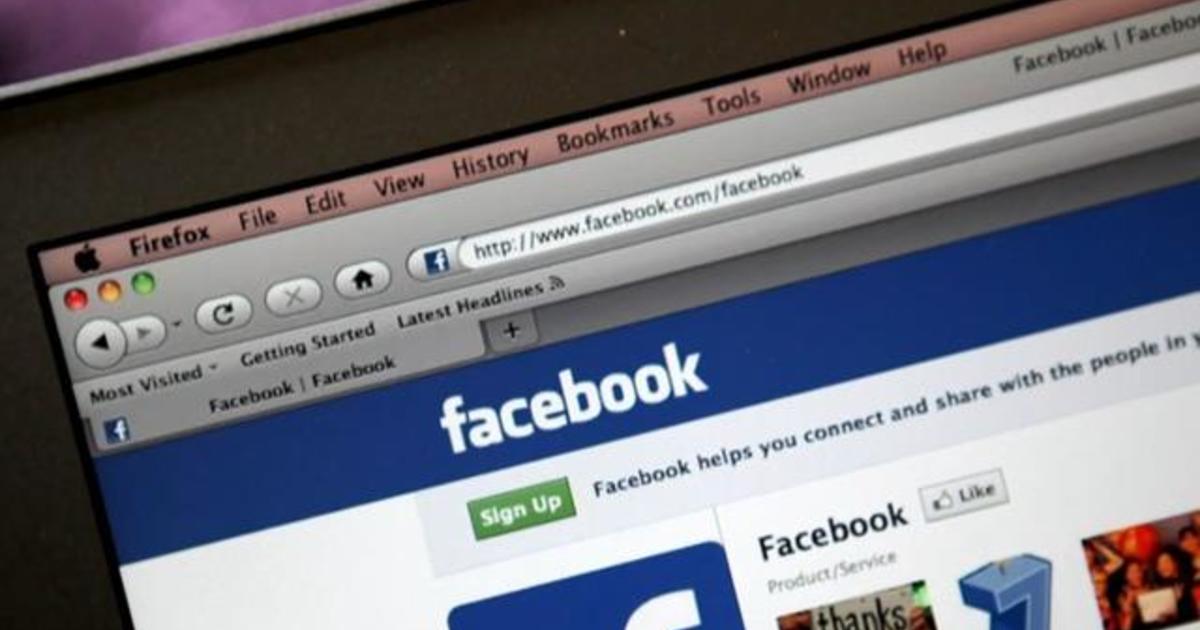Facebook has announced a ban on content that denies or distorts the Holocaust. The policy marks a reversal on how to handle a disturbing category of posts that CEO Mark Zuckerberg once said should not be blocked on the platform even though they’re false.
The company updated its hate speech policy to prohibit such content, Monika Bickert, VP of Content Policy at Facebook, said in a statement on Monday.
“Our decision is supported by the well-documented rise in anti-Semitism globally and the alarming level of ignorance about the Holocaust, especially among young people,” she said.
Groups that track hate speech “are reporting increases in online attacks against many groups worldwide, and we continue our efforts to remove it,” Bickert said.
The company says it removed 22.5 million pieces of hate speech shared on its platform in the second quarter of this year alone. Facebook has also banned more than 250 white white supremacist organizations and updated its policies for handling militia groups and the QAnon conspiracy theory, the statement said.
The new policy is a change from Facebook’s previous stance on the issue of Holocaust denial. In 2018, Zuckerberg, who is Jewish, said in an interview with Recode’s Kara Swisher that while he found such claims “deeply offensive,” he did not believe Facebook should block them.
“At the end of the day, I don’t believe that our platform should take that down because I think there are things that different people get wrong,” Zuckerberg said, adding that he didn’t think they were “intentionally” getting it wrong — at which point Swisher cut in and said, “In the case of the Holocaust deniers, they might be.”
Zuckerberg sought to clarify his comments in a follow-up email to Swisher, saying he “absolutely didn’t intend to defend the intent of people who deny that.” Still, his controversial comments drew backlash, with the Anti-Defamation League saying Facebook has a “moral and ethical obligation” not to allow people to disseminate Holocaust denial on its platform.
Over the years, Facebook has continued to struggle to strike a balance between allowing free expression and enabling the spread of potentially dangerous hate speech, extremism and disinformation.
In an interview with Fox News earlier this year, Zuckerberg said he strongly believed “Facebook shouldn’t be the arbiter of truth of everything that people say online,” and neither should other private companies. But Facebook has recently been taking steps to strengthen its policies to help impede the spread of misinformation, especially ahead of the U.S. presidential election.
The banning of misinformation about the Holocaust “marks another step in our effort to fight hate on our services,” Bickert said in the statement Monday.
As one example of the scope of the problem, she cited a recent survey that found nearly a quarter of young adults in the U.S., age 18-39, believe the Holocaust was a myth or was exaggerated, or admit they weren’t sure.
The Claims Conference survey, which was previously reported by CBS News, found that 63% of those surveyed did not know 6 million Jews were killed during the Holocaust, and 11% believed Jews caused the Holocaust.
Bickert also said Facebook plans to add a feature later this year to direct users to accurate information about the subject if they search for terms “associated with the Holocaust or its denial on our platform.”
